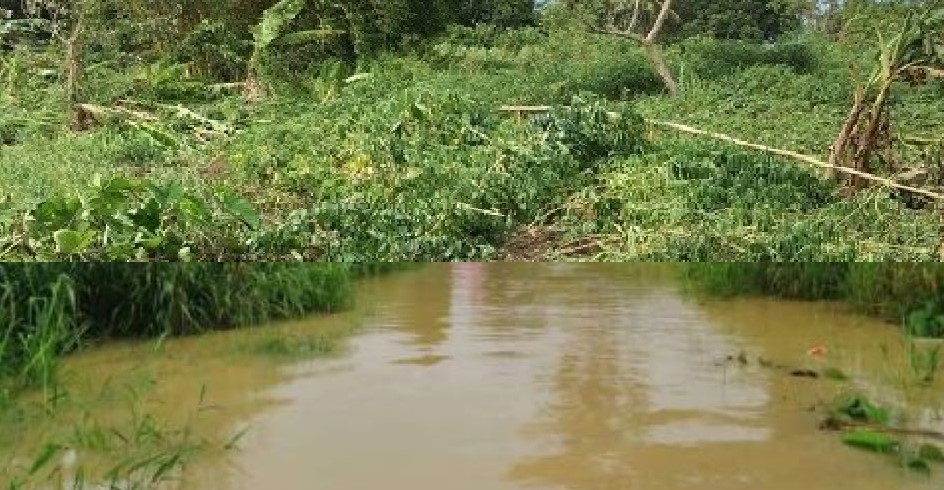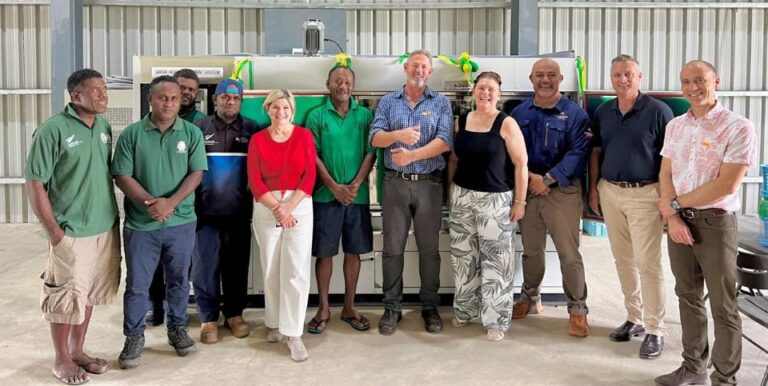BY JOHN CHRISMA – FREELANCE JOURNALIST
LOCAL cash crop farmers from the New Zealand Camp, Bloody Ridge Community of Central Guadalcanal are currently very worried over the continuing unstable rainy pattern which severely affected their garden produce over the past weeks.
Farmers have noticed their garden yields were not in a healthy condition during the current rainy season experienced in the country. The impact of agricultural damage on the growth of their vegetable crops is quite disturbing, especially during the vegetables early nursery and development stages.
Local concerned farmer, Philip Suka’a said his vegetable crops are currently in their nursery stages and has been damaged by the flooding waters caused by the continued heavy rain.
“My major production of cash crops such as pack Choi, ball cabbage, lettuce, capsicum, bean, watermelon, and other root crops have been severely affected and damaged by the current bad weather.
Philip said he is not very happy to witness such a huge reduction in the number of his vegetable crops.
“I am very worried because my vegetable crops are the main source of income for my family to meet our immediate needs and wants.
“It’s quite disturbing for me and my family; we have worked very hard over the past months on our small scale vegetable farm, but in the end, we will get nothing from our vegetable garden crops.
“Vegetable crops are our major source of income for our daily living in our community; and it’s from these cash crops that we will have the opportunity to buy food, clothes, and school fees,” he added.
Local farmers in the rural agricultural sector of the Solomon Islands have always been victims of such unpredictable weather patterns, due to the rapidly changing climate experienced in the country. The overall impact of climate change on agriculture, however, is expected to have a negative impact on the livelihood of local farmers and their produce—reducing food supplies and rising food prices.
With changes in rainfall patterns, farmers face dual threats from flooding and drought. Both extremes can destroy crops. Flooding washes away fertile topsoil that farmers depend on for productivity, while droughts dry it out, making it more easily blown or washed away. Higher temperatures increase crop water needs, making them even more vulnerable during dry periods.
Suka’a said: “It is almost five years since I have settled with his family in our community and these issues are not new to us; we have raised our immediate concerns, however, our concerns have fallen upon deaf ears.
“We have tried some ways to solve our problem, like digging drainage and building a greenhouse over our vegetable farms, but with poor agricultural tools and materials our works have gone in vain, however, we need specialize agricultural officers from the government’s ministry of agriculture to assist us with our ongoing problems,” he added.




